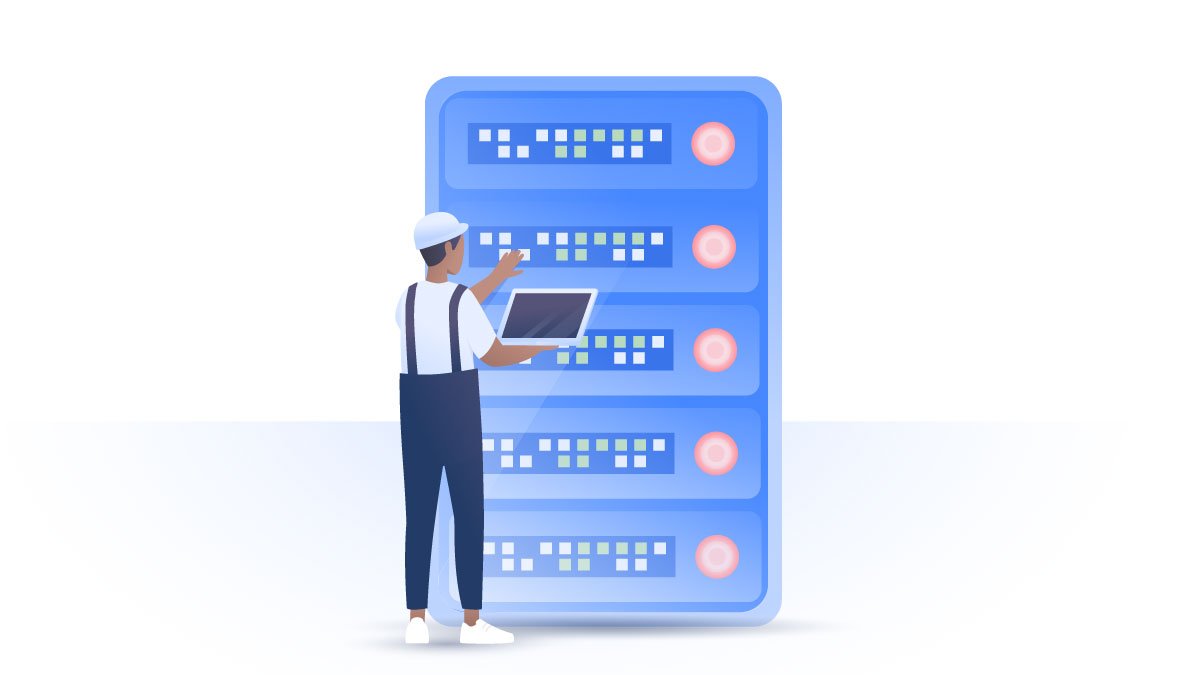Myanmar coup threatens internet freedoms
Myanmar is at a crossroads. A military coup has deposed the previous elected government, and the free internet is under threat. In times of crisis, it’s vital the people have access to information, and can coordinate and communicate. When governments suppress these basic rights, it’s a red flag for both those affected and the rest of the international community. So what is happening exactly, and what can people in Myanmar do to protect themselves?
Malcolm Higgins
Feb 05, 2021 · 3 min read

What’s happening in Myanmar?
On February 1, 2021, the Myanmar military took control of the country. They arrested Aung San Suu Kyi, the country’s leader, along with other government officials. The threat of a potential coup had been growing since military leaders accused the government of election fraud in January (a claim that is not supported by international election observers).
Myanmar is now under the authority of Min Aung Hlaing, a high-ranking general. He is a powerful figure in the military and has previously been accused of overseeing human rights abuses against the country’s ethnic minorities. The commander-in-chief has declared a year-long state of emergency, after which he claims a “fair” election will be held.
However swift and effective it’s been so far, the coup is not going unopposed. Aung San Suu Kyi is still popular among her large base, and various acts of protest and civil disobedience have been staged since her arrest. Outside of Myanmar, the coup has been widely condemned.
Why is internet freedom under threat in Myanmar?
The military have already started limiting internet access across Myanmar, and have pressured internet service providers (ISPs) to block access to Facebook. This is particularly worrying, as the social media platform has become a central communication and news hub for the country.
A restricted internet can put lives at risk, damage independent businesses, and strangle the economy. It’s also a warning sign for international groups wondering what the new government’s motivations are. When a regime stops its citizens from accessing the internet freely, it’s time to get worried.
With Myanmar facing a potential leap backwards under an outdated authoritarian system, the free flow of information and communication has never been more important.
How to combat internet restrictions and censorship
For people living in Myanmar, 2021 may be a year of uncertainty, unrest, and government suppression. There are still some steps you can take to protect your internet freedoms, however, from auditing your social media presence to encrypting your internet traffic.
- Use a reliable VPN. A VPN, or virtual private network, can encrypt your internet traffic and route it through a server outside of your home country. That can help you circumvent local internet restrictions, accessing news networks and social media sites like Facebook. When choosing a VPN, however, make sure you pick a reliable, premium option — tempting as a free VPN can be, they usually don’t offer adequate security.
- Don’t give away too much on social media. If you’re involved in activism and public protests, it’s worth auditing your social media presence to make sure you haven’t put too much private information online. Make any accounts you have private, or remove them altogether. Oppressive regimes can use any information you publicize to identify and harass you.
- Make sure your VPN has a kill switch. If a government is monitoring your internet use, you don’t want to risk exposure. NordVPN comes with a built-in Kill Switch function, which can automatically cut your internet connection if your VPN protection is temporarily disabled.
- Use encrypted messaging apps. Not all messaging applications use end-to-end encryption. We know how important it is to coordinate online with other activists, but make sure you only send messages through a genuinely encrypted service, like Signal or Telegram.
At the core of NordVPN’s mission is a commitment to free speech and an unrestricted internet. That’s why we’re working with NGOs in Myanmar and providing VPN services to those who need them most.
Take control of your internet experience and protect yourself online.



